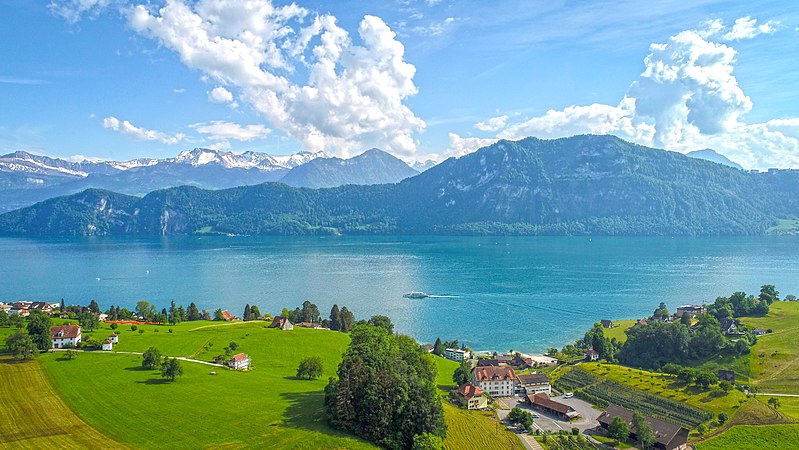
"Switzerland does not face a widespread overtourism issue," stated Martin Nydegger, Director of Switzerland Tourism, during a press conference in Zurich on Thursday.
Several factors contribute to Switzerland's avoidance of mass tourism. The high cost of living, limited low-cost air connections, and the absence of budget hotel chains act as natural barriers to overtourism.
Industry Status and Areas of Tension
The Swiss tourism industry maintains an average room occupancy rate of 50%, far from saturation, indicating room for growth. However, certain areas do experience overtourism intermittently. Nydegger noted that "only six or seven places" in Switzerland face overtourism, and these locations change regularly. The organization monitors these areas closely and adjusts its communication campaigns accordingly.
A survey of the Swiss population reveals that tourism is well-received due to its positive impact on the economy and infrastructure. Nonetheless, five main issues were highlighted: inflation (10.4%), pollution and waste (9.7%), traffic problems (9.6%), scarcity of accommodation (9.4%), and environmental damage (8.4%).
Strategies for Balancing Visitor Flows
Switzerland Tourism aims to balance visitor flows by promoting travel during slower periods, such as autumn, and encouraging visits to lesser-known sites. Influencers and content creators play a significant role in this strategy.
One initiative involves Chinese journalists and influencers promoting hiking and electric bike tours in Davos-Klosters. Additionally, a training course for content creators is scheduled in Saas-Fee, followed by a tour of Switzerland and Liechtenstein, utilizing a unique approach to tourism promotion.
Local Efforts and Sustainable Tourism
Local regions, such as Val-de-Travers, have taken measures to manage tourism effectively. Laure von Wyss, coordinator of the Destination Val-de-Travers association, explained that during the pandemic, the region had to act swiftly to manage a surge in visitors. Measures included promoting walking and cycling to Creux-du-Van, with electric bikes available for rent at Noiraigue station.
"We’re committed to reducing the harmful effects of tourism on this iconic site in the long term," von Wyss said.
By implementing these strategies and promoting sustainable tourism practices, Switzerland aims to manage visitor numbers effectively and preserve its natural and cultural heritage. Photo by Roger Bieri and Daniel Di Palma, Wikimedia commons.



































